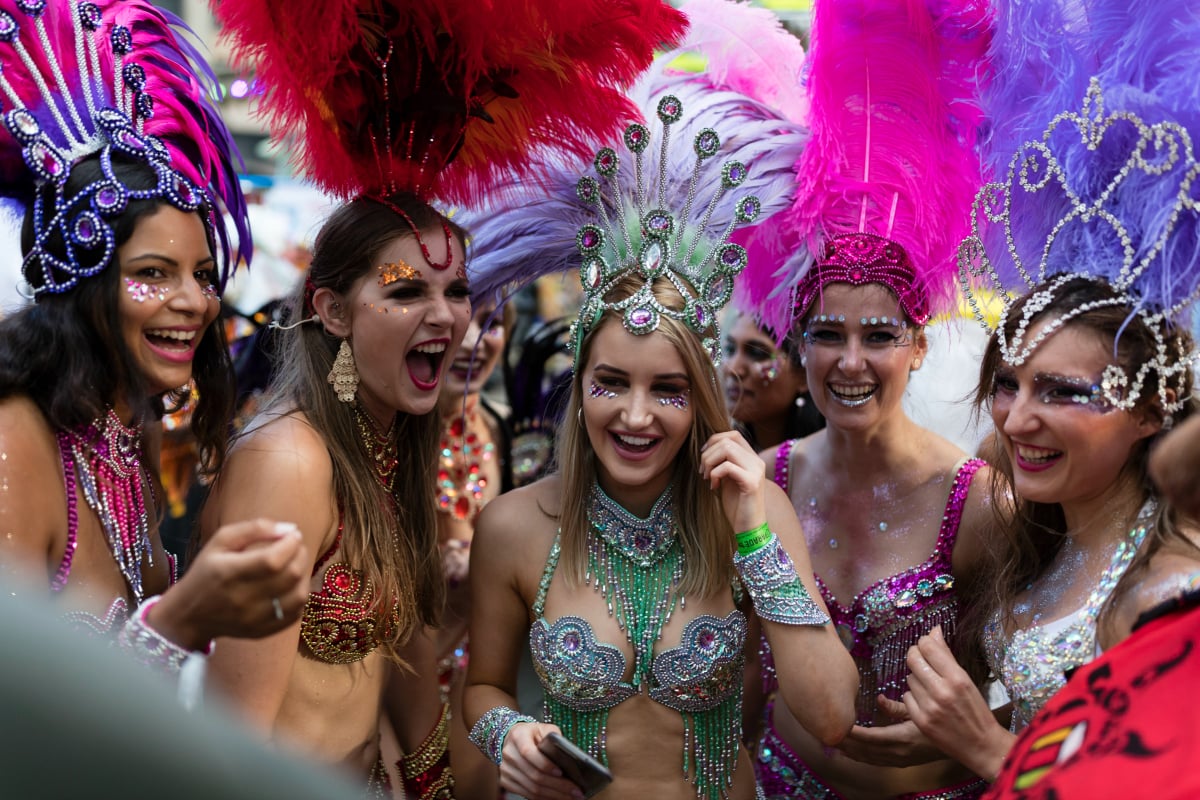
Heart’s beating fast. Music is pounding. Crowds are cheering. Eyes everywhere. Nowhere to hide. Nothing to hide. Your core purpose, right here, right now, is pride.
This is the life-affirming experience of marching in the Sydney Gay and Lesbian Mardi Gras. It’s a moment of belonging for so many LGBTQIA people and their allies who live in a world that often looks at them as living “off-script”.
Underpinning the spectacle of larger-than-life floats and smaller-than-small outfits is a deep sense of fearlessness – a courage to live a life by your own script.
Indeed, the theme of this year’s festival is Fearless. It’s a feeling that will be embraced by thousands of Australians taking part in the 197-float parade, to be watched by hundreds of thousands in person on Saturday, March 2, and on the SBS broadcast a night later.
But for some people, marching is a risk they are not prepared to take.
In 2019, there are still people who fear losing their jobs for taking part in a public parade like Mardi Gras. One of them is John*, who has worked for a faith-based organisation for more than five years.
John, whose identity is known to Mamamia, says that marching in Mardi Gras is still not an option for him and people like him who work for religious organisations that have the power to fire you on the basis of your sexuality.
“I probably wouldn’t do the Sydney Mardi Gras because it’s too public,” John says. “It’s knowing scrutiny is still there somewhere… it does affect my behaviour and what I do. It is something that you always have to be mindful of and [be] thinking about.”
John is not out as gay in his workplace for fear it would limit his career opportunities within his organisation. He recently moved roles after feeling “pissed off” having to stay silent on his support for marriage equality because of his position in the business.

Top Comments
Religion is nothing more nor less than a set of rules for living laid down centuries ago by men, allegedly following divine guidance. Like it or not, these rules are the foundation of the society we now enjoy. I don't have a horse in the race here but I believe that some of those rules are well past their sell by date and need to be abandoned but there will always be those too insecure in themselves to do this.
However, I also believe that EVERYONE has a right to their beliefs. Simply because same sex marriage is now legal in Australia, nobody has the right to expect devout Christians to discard beliefs they've lived by for years. It seems hypocritical in the extreme to me that not a word can be breathed against the LGBTQI community but those who believe in any religion that speaks against homosexuality, are fair game for trenchant, often foul mouthed vitriol. And just to be clear, Christianity is far less intolerant regarding this than some other religions .
They can believe what they like but the issue here is about discrimination against people in workplaces and public life. The right for all humans to be treated equally under the law trumps the right of religious groups to act in a discriminatory manner. So they can believe what they like but they cannot do things that are illegal, unfair and discriminatory. It’s pretty simple really.
Let's be honest here - any and all views expressed on social media that can be linked to you and your livelihood makes you vulnerable to immediate dismissal.
It's the vigilante nature of social media we have now